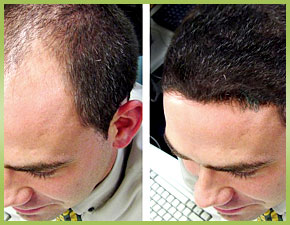A hair transplant is a procedure used to move hair from the side or back of the head to the area with hair loss. The procedure is performed by a dermatological or plastic surgeon under local anesthesia. Pattern baldness is responsible for the highest cases of hair loss. Here is everything you need to know about hair transplant in CT
Causes of Hair Loss
There are many causes of hair loss apart from genetics. Diet and stress are factors that increase the chances of experiencing hair loss. Hormonal imbalance, medications, and illness also cause hair loss and might require one to undergo a hair transplant. There are two kinds of hair transplant procedures: micrograft and slit grafts.
Candidates of a Hair Transplant
A hair transplant can boost your self-esteem and confidence. Good candidates for a hair transplant include men with pattern baldness, women with thinning hair, and those with hair loss due to scalp injury. Patients who should not receive a hair transplant include women with widespread patterns of hair loss, patients forming keloids, those undergoing chemotherapy, and those with few donor air sites.
Complications of Hair Transplant
Side effects from a hair transplant are minor and resolve within a few weeks. However, complications might occur during the treatment and healing journey. These complications range from bleeding, infection, swelling of the scalp, and bruising around the eyes. Other complications include unnatural-locking tufts of hair, folliculitis, itching, and scalp numbness.
If you are experiencing hair thinning or loss, several treatment options exist. Hair transplant in CT has been proven effective in increasing your chances of recovering from thinning hair or hair loss.



